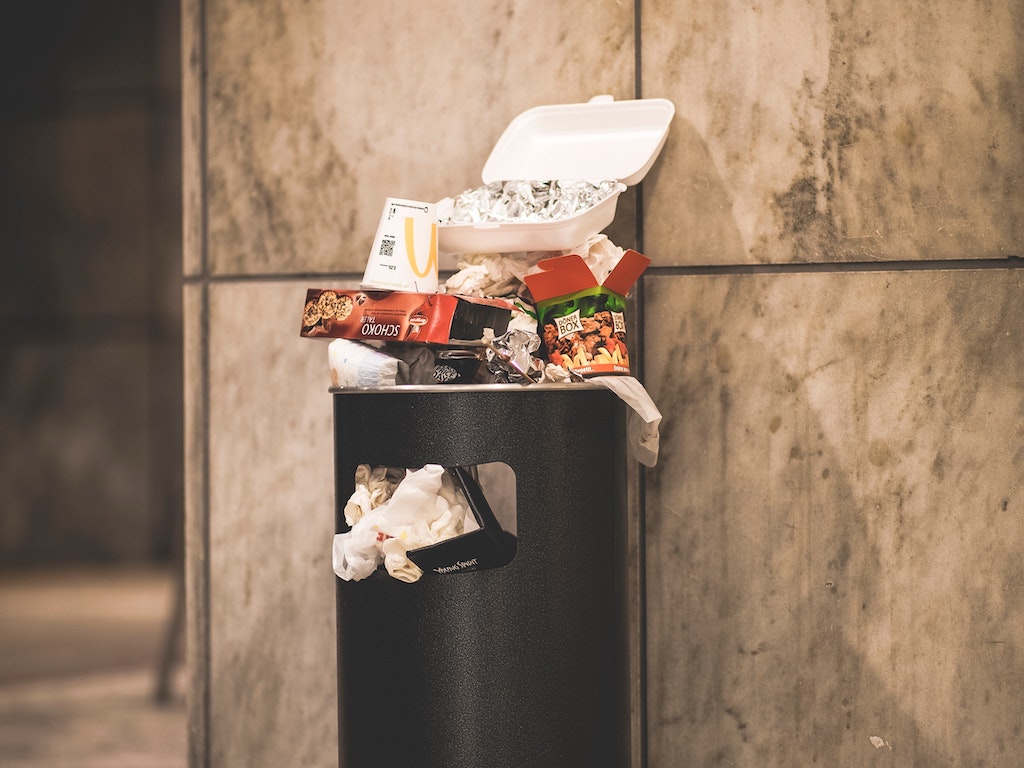3 Mins Read
An astonishing 931 million tonnes of food sold to households, retailers, restaurants and other food services, equating to 17% of all food available at consumer levels, was thrown out in 2019, reveals a new U.N. report. The index, which tracks global progress on the U.N. Sustainable Development Goal (SDG) to half food waste by 2030, displays a sobering picture of the enormous task ahead of all countries to tackle one of the most pressing human and planetary health crises of today.
The world threw away 931 million tonnes of food that had been sold to households, retailers, restaurants and other food services, representing 17% of all food available to consumers in 2019. These figures are emerging as part of the 2021 Food Waste Index published by the United Nations Environment Programme (UNEP) and partner organisation WRAP, a U.K. nonprofit that is allied with the recently set up Earthshot Prize.
This weight is roughly equivalent to 23 million fully-loaded 40-tonne trucks, or enough to line up and circle the planet seven times over – a visual of the shocking amount of food being wasted or lost, despite prevailing hunger affecting more than 690 million people, and 3 billion globally still unable to afford a healthy diet.
Read: Does a plant-based diet create the least amount of food waste?
To calculate the amount of food being thrown out across consumer levels, researchers examined food waste occurring in retail channels, restaurants, and at the household level. It marks the most comprehensive food waste data collection and analysis to date, with more than 152 food waste data points mapped across 54 countries around the world.
Reducing food waste would cut greenhouse gas emissions, slow the destruction of nature through land conversion and pollution, enhance the availability of food and thus reduce hunger and save money at a time of global recession.
Inger Anderson, Executive Director, UNEP
Notably, the study found that regardless of income level, every country produces substantial food waste, with most of it derived from households, where 11% of the total food available at the consumption stage of the supply chain is tossed out. This translates to an average of 74 kilograms of food waste happening in homes on a global per capita level.
By comparison, foodservice and retail outlets were responsible for 5% and 2% respectively.
U.N. experts warn that drastic action must be taken now if the world is to meet its goal of halving food waste by 2030, an ambition that would have an enormous impact in alleviating both global hunger and malnutrition and reducing our carbon footprint. According to the report, between 8% to 10% of global greenhouse gas emissions is attributable to unconsumed food, before losses at the consumer level are even taken into account.
Read: Here’s how South Korea is recycling 95% of its food waste
With only 9 years to go, we will not achieve SDG 12 Target 3 if we do not significantly increase investment in tackling food waste in the home globally. This must be a priority.
Marcus Gover, CEO, WRAP
“Reducing food waste would cut greenhouse gas emissions, slow the destruction of nature through land conversion and pollution, enhance the availability of food and thus reduce hunger and save money at a time of global recession,” commented Inger Andersen, executive director of the UNEP.
“If we want to get serious about tackling climate change, nature and biodiversity loss, and pollution and waste, businesses, governments and citizens around the world have to do their part to reduce food waste. The U.N. Food Systems Summit this year will provide an opportunity to launch bold new actions to tackle food waste globally.”
These findings, says the report, also shows the critical need for consumers to take action to reduce food waste at home, as well as pointing to the need for governments, companies and organisations to raise public awareness of food waste reducing strategies designed to tackle the issue at the household level.
“With only 9 years to go, we will not achieve SDG 12 Target 3 if we do not significantly increase investment in tackling food waste in the home globally. This must be a priority for governments, international organisations, businesses and philanthropic foundations,” said Marcus Gover, CEO of WRAP.
Want to take action? Start now with these 13 things you can do to cut down on food waste and save the planet.
Lead image courtesy of Unsplash.




